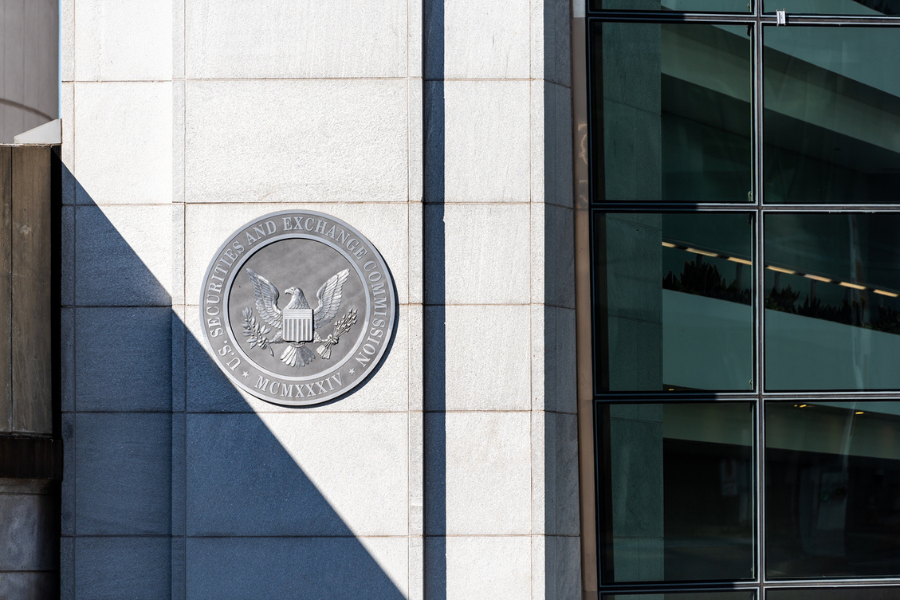

The chair of the Securities and Exchange Commission has issued a statement hailing what he sees as the benefits of the U.S. securities market adopting faster settlements.
From Monday, May 28, T+1 will be adopted with the new standard settlement cycle for broker-dealer trades halving the current timeframe. The SEC adopted a set of rule amendments to facilitate the change in February 2023.
“For everyday investors who sell their stock on a Monday, shortening the settlement cycle will allow them to get their money on Tuesday,” said SEC chair Gary Gensler. “Shortening the settlement cycle also will help the markets because time is money and time is risk. It will make our market plumbing more resilient, timely, and orderly. Further, it addresses one of the four areas the staff recommended the Commission address in response to the GameStop stock events of 2021.”
The SEC says that institutional trades will also be improved due to new processing and recordkeeping requirements for broker-dealers and registered investment advisors, respectively.
Veteran investment professionals will remember that prior to 1993, the settlement standard was T+5 before it changed to T+3 where it remained for 14 years until T+2 was introduced in 2017. This history means the SEC is aware that there could be a short-term increase in settlement fails and other challenges, but it believes this will impact a small segment of market participants.
However, traders are nervous ahead of Monday’s change.
“There’s a lot of anxiety even just around the technology and the actual way by which settlement will take place,” Amy Hong, head of market structure and strategic partnerships for global banking and markets at Goldman Sachs Group, told the Bloomberg Sell-Side Leaders Forum this month. “There are going to be some mismatches around funding, there are going to be some FX-related issues that we’re going to need to work out.”
Meanwhile, JPMorgan’s internal modeling shows about a quarter of the currency trades it processes for clients are set to be impacted.
The SEC says it has been working with stakeholders to iron out issues and help them transition towards T+1 and that it will continue its efforts to help facilitate a successful transition.

Rajesh Markan earlier this year pleaded guilty to one count of criminal fraud related to his sale of fake investments to 10 clients totaling $2.9 million.

From building trust to steering through emotions and responding to client challenges, new advisors need human skills to shape the future of the advice industry.

"The outcome is correct, but it's disappointing that FINRA had ample opportunity to investigate the merits of clients' allegations in these claims, including the testimony in the three investor arbitrations with hearings," Jeff Erez, a plaintiff's attorney representing a large portion of the Stifel clients, said.

Chair also praised the passage of stablecoin legislation this week.

Maridea Wealth Management's deal in Chicago, Illinois is its first after securing a strategic investment in April.
Orion's Tom Wilson on delivering coordinated, high-touch service in a world where returns alone no longer set you apart.
Barely a decade old, registered index-linked annuities have quickly surged in popularity, thanks to their unique blend of protection and growth potential—an appealing option for investors looking to chart a steadier course through today's choppy market waters, says Myles Lambert, Brighthouse Financial.
